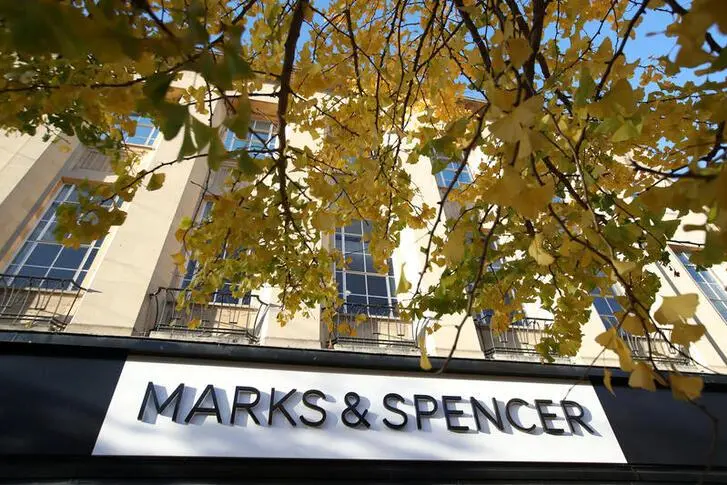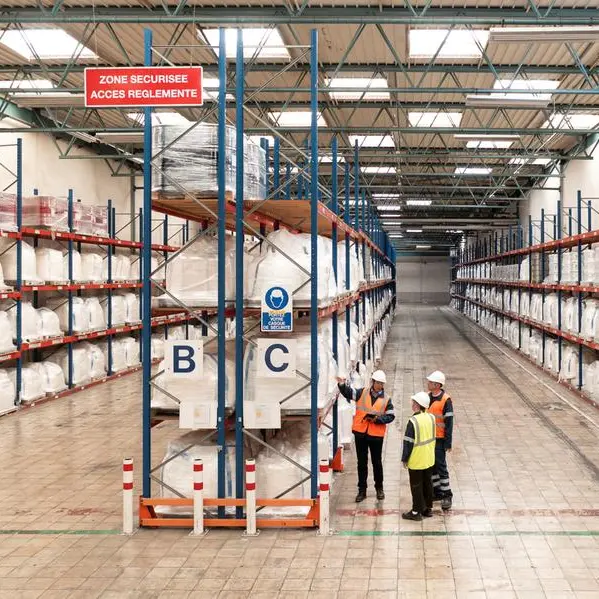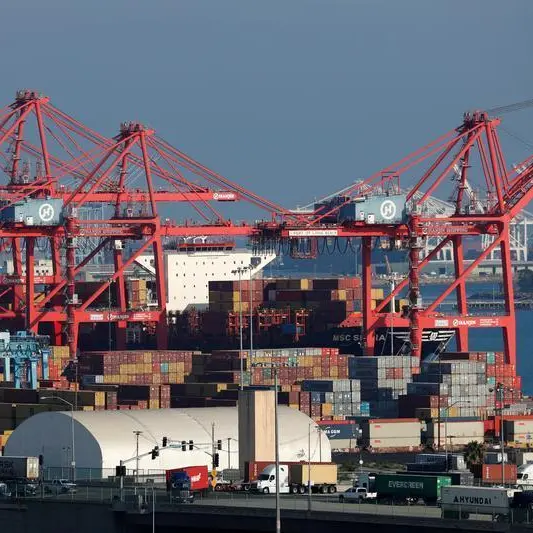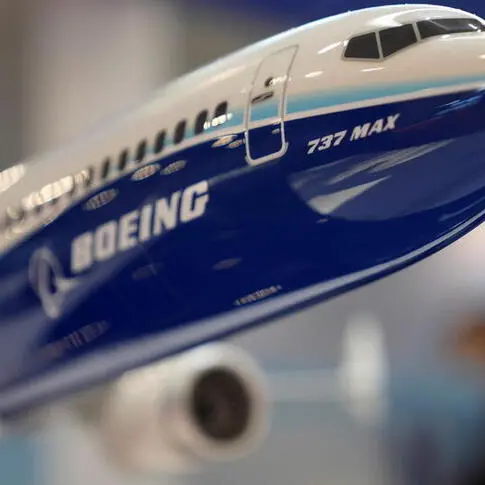PHOTO
LONDON - In Britain, a Christmas trip to the food aisles of Marks & Spencer is as much a treat as presents under the tree, with millions of shoppers ditching their regular supermarket to buy one in four of the fresh turkeys sold over the festive period.
The challenge the 139-year-old group has faced is that a lot of those shoppers then return in the new year to the likes of market leader Tesco, No. 2 Sainsbury's or the German discounters Aldi and Lidl which have driven a retail revolution in Britain.
After decades of failed reinventions, M&S has entered this festive period in a stronger position, having used savings from a rebuilt supply chain to become more competitive on price and invest in new ranges. Its shares have more than doubled this year.
M&S's grocery sales in the 12 weeks to Dec. 2 increased 12.8%, only topped by Aldi and Lidl, according to data from market researcher NIQ. Now it is targeting a bigger slice of Britain’s 229-billion pound ($291 billion) grocery market.
Ian Lance, fund manager at Redwheel, M&S's second biggest investor, said management's drive to reshape the business was paying off, and an effort to retain Christmas shoppers could further boost market share and revenue.
"A big opportunity for M&S’s food business is to convert the occasional shoppers, such as those who use them at Christmas, to more regular shoppers that use them all year round," he said.
Last year, M&S CEO Stuart Machin set a five-year target to increase its share of the UK grocery market by 1%.
It held a 3.4% share in the latest 12-week period, according to NIQ. But that typically hits 5% at the start of December and around 10% in the final days before Christmas.
M&S's chances of retaining some of those customers have been boosted by a strategy struck by Machin, who took over the food business in 2018 before becoming group CEO, with control of its fashion and homewares too, in 2022.
Often seen as an upmarket food option that provides lunches for city workers, a posh ready meal or a special occasion steak dinner, he is trying to broaden its appeal to weekly shoppers.
M&S now sells 200 essential lines at prices it says are in line with mainstream rivals and by April 2024 plans to have introduced 1,400 new lines, 20% of its total range. More than 1,000 have already launched.
It also plans over 1,000 quality upgrades, 15% of the range, with more than 800 done so far, including for steaks and cream cakes, with sales volumes up 20% and 23% respectively year-on-year.
It is expanding product ranges where its presence has traditionally been weak, such as in frozen and homecare, where its market share is just 1.3% and 0.8%, according to IRI data.
At the same time it is opening bigger stores - including in out-of-town retail parks - and refreshing old ones, while further developing the online joint venture it forged with Ocado in 2019.
EFFICIENCIES
Data from polling company YouGov shows the strategy is starting to pay off, with consumers' perception of the value and quality of M&S's food up 30% and 12% respectively since Machin launched the strategy in 2018.
Better prices are being funded by supply chain efficiencies, including annualised savings of 60 million pounds following last year's purchase of logistics operator Gist and annual buying synergies of 60 million pounds with Ocado.
Alex Freudmann, M&S's managing director food, said results from recent full product category upgrades were "very encouraging", with biscuit sales up 43% versus last year and soft drink sales up 13%.
He said the overall strategy was creating "the beginnings of a virtuous circle which is winning us new customers and enabling us to operate more efficiently".
"There is so much more to go after," he told Reuters.
If M&S is to grow its regular monthly customer base from the normal 5.5 million households to the festive 8 million, it needs to persuade people like financial services worker, Bev Griffiths, 45, who usually shops at other supermarkets because she wants the major brands that M&S doesn't sell.
But she had a near full trolley of festive goods when shopping in an M&S Foodhall in east London last week.
"We largely only come to M&S for the Christmas shop, they do the best turkey and accessories," she said.
($1 = 0.7865 pounds)
(Reporting by James Davey, graphic by Prinz Magtulis, editing by Kate Holton, Kirsten Donovan)





















